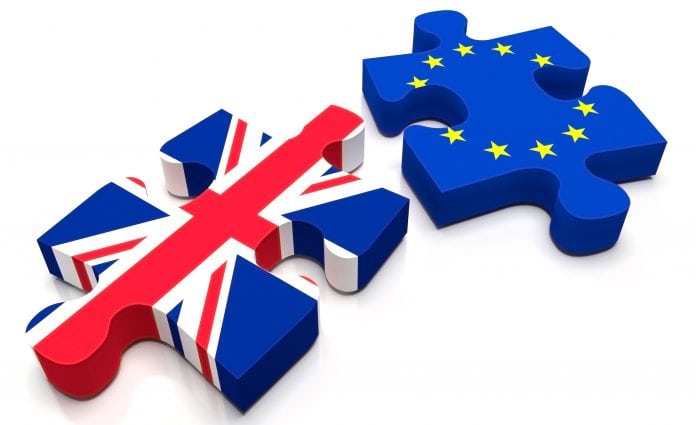
Media spectators hungry for disasters cheered last week when a larger part of Britain’s voters opted for Brexit. But they fail to put in perspective the process of leaving the European Union, which militates heavily against real actions taking place in the near future.
To start with, the referendum only called for the process of exiting the EU to begin. The next step, which is also deemed as the official one, is for the government to trigger Rule 50. This is a formal notification of exit. Prime Minister David Cameron has not done that as he opted to leave power and delegate that step to his successor.
In other words, as of this time nothing really significant has happened, nor is anything going to happen until September when a new government takes power in the United Kingdom. That government will have to win a confidence motion in which the many legislators who fought to remain have to vote for a government committed to the exit.
Once Rule 50 is triggered, the UK and EU will have two years to negotiate a status for the UK outside the European Union. During this time, the UK can withdraw from the exit deal.
On the other hand, the EU has made it very clear that if the UK wants to retain its trade status, it’s going to have to allow free movement of people, which is precisely what voters rejected as immigration was at the heart of the referendum.
So, technically it is impossible for the UK to leave the European Union before September, 2018. Meanwhile the costs to its economy are rising. The pound is sinking, the markets falling, banks and corporations are seriously considering leaving it for the continent.
Scotland, which voted to remain in the EU, now is demanding the right to leave the UK. Northern Ireland, where people hold both Irish and UK passports under the Good Friday agreement, is thinking about reuniting with Ireland rather than putting up borders again. The only parts of the UK that are likely to exit at all are England and Wales.
The governments of the EU are not conditioned to be flexible towards UK’s exit. They have already experiences what happened with Greece. They see a UK which has gotten all sorts of benefits without paying for them, through either economic or political integration, they see the pain Brexit is causing and will cause, and they have no incentive to compromise.
Clearly, the European Union holds the upper hand in that negotiation, because the UK’s economy will be falling apart while these negotiations take place. The situation is analogous to that of Greece, which threatened to leave five years ago but wound up staying, despite immense economic damage.
The fallout of the UK’s Brexit vote is mainly going to be limited to the UK. They’re going to be facing the break-up of their country, economic collapse, and a negotiating partner with no incentive to make things easier. That’s just what Greece faced. And, after a lot of publicity, Greece came back.



































